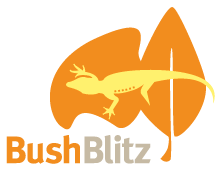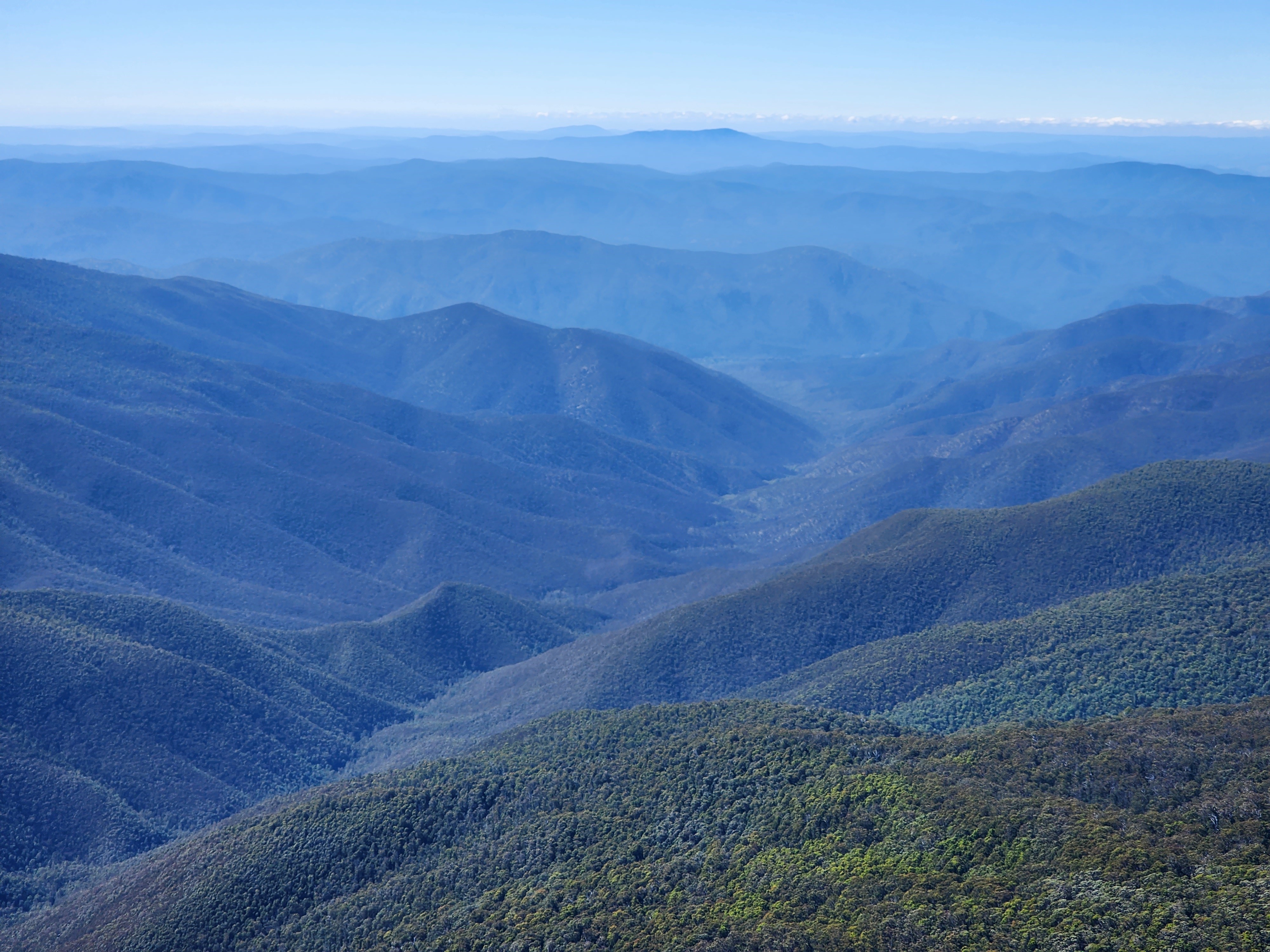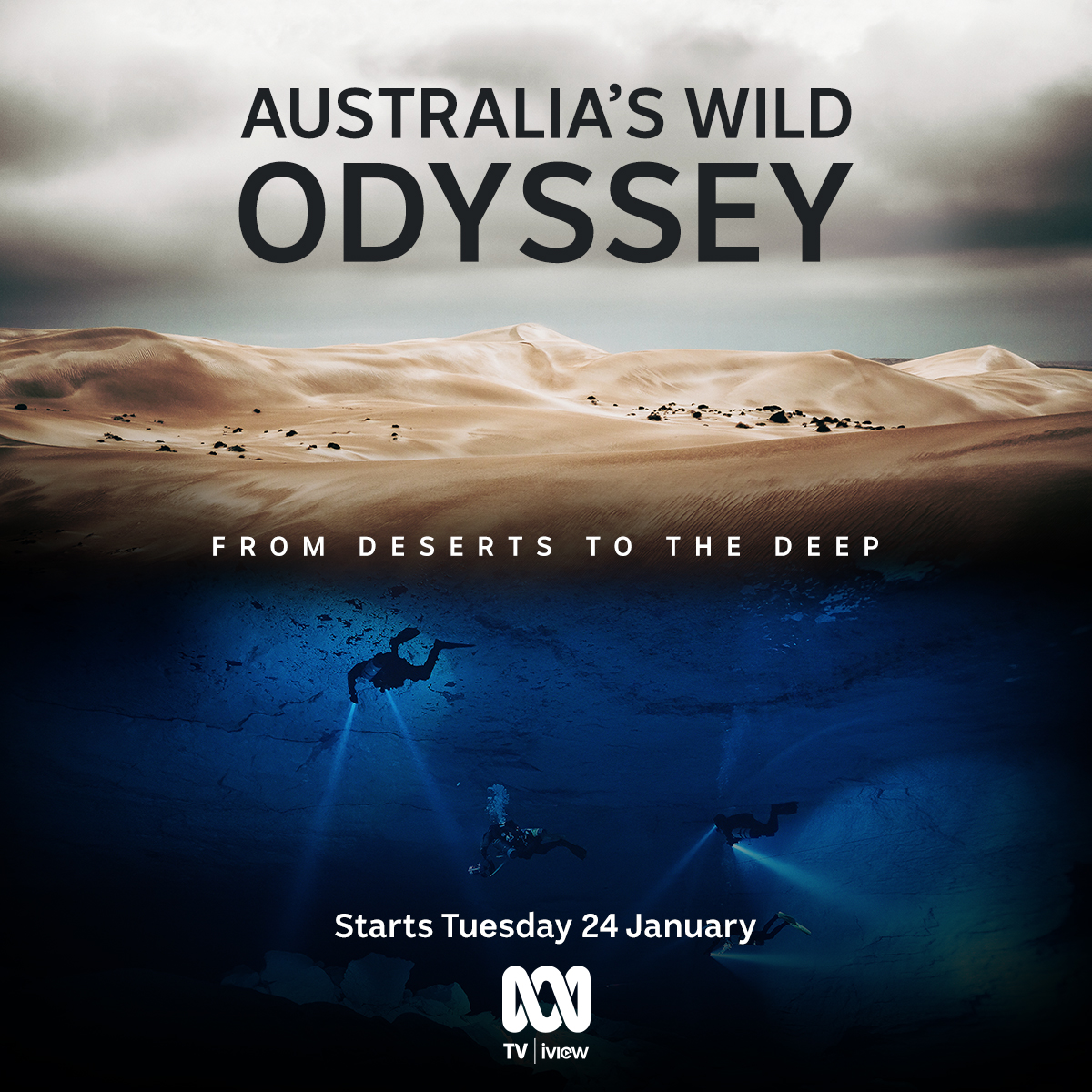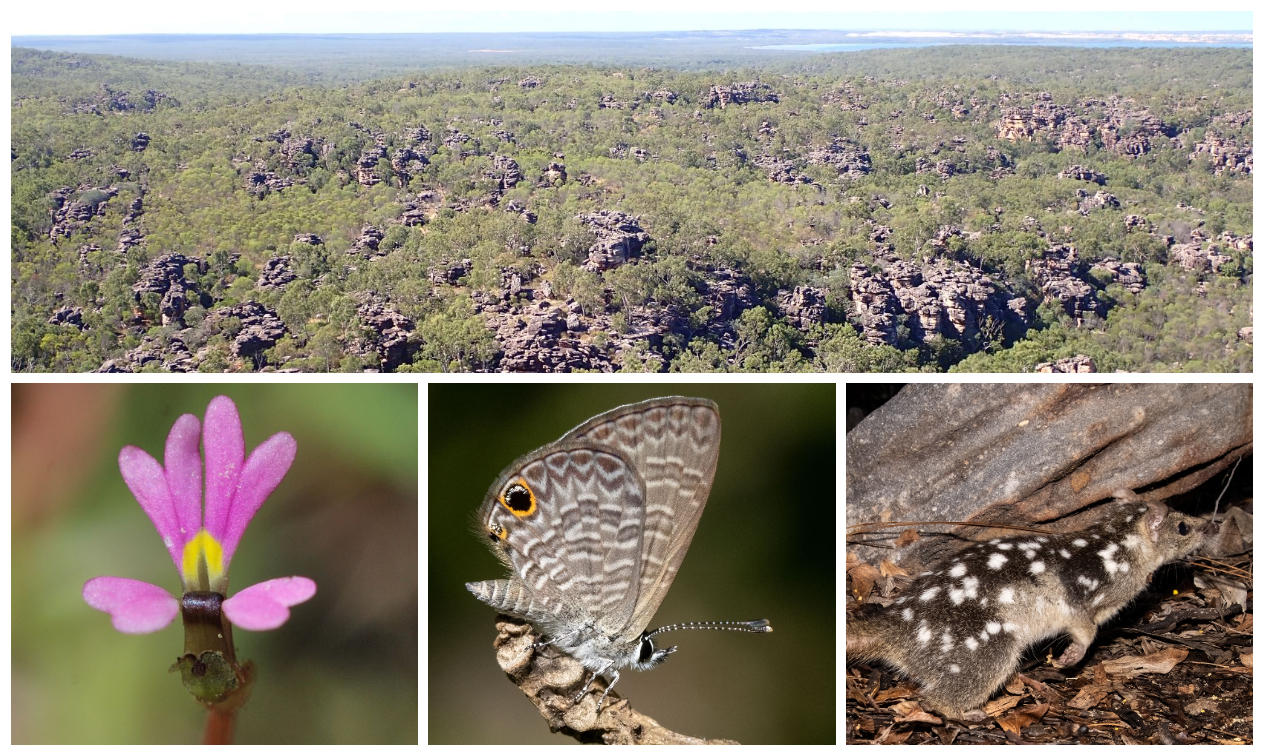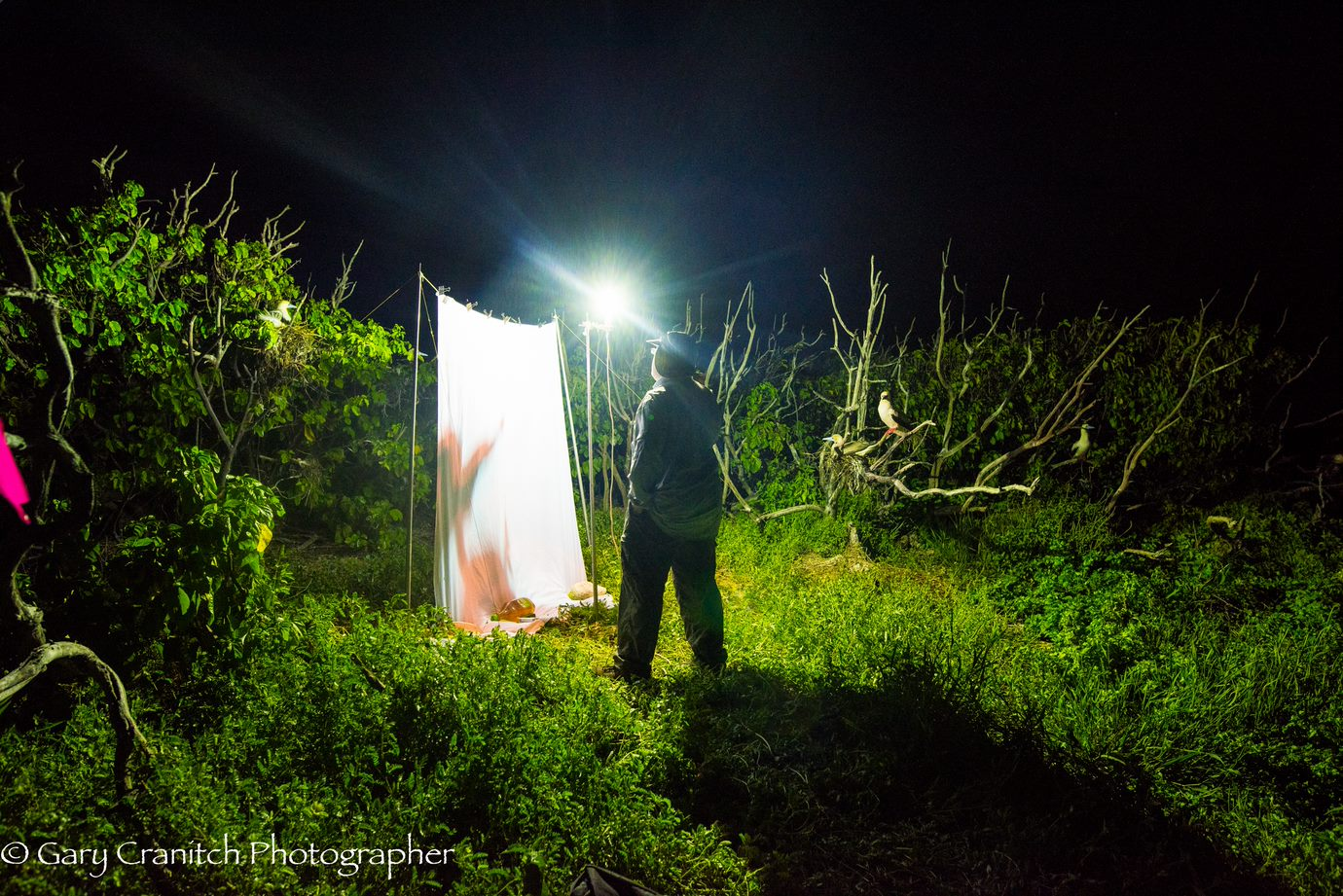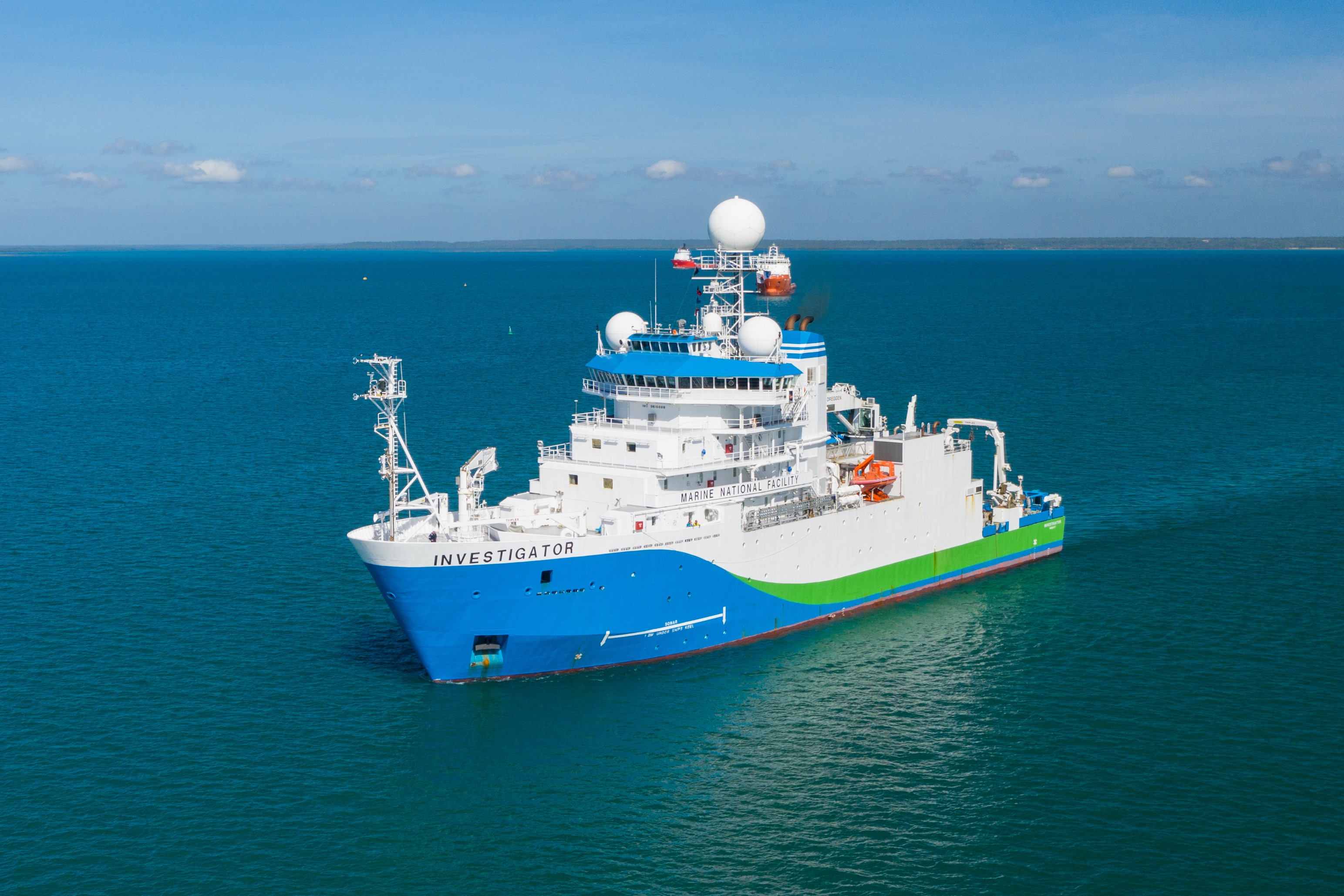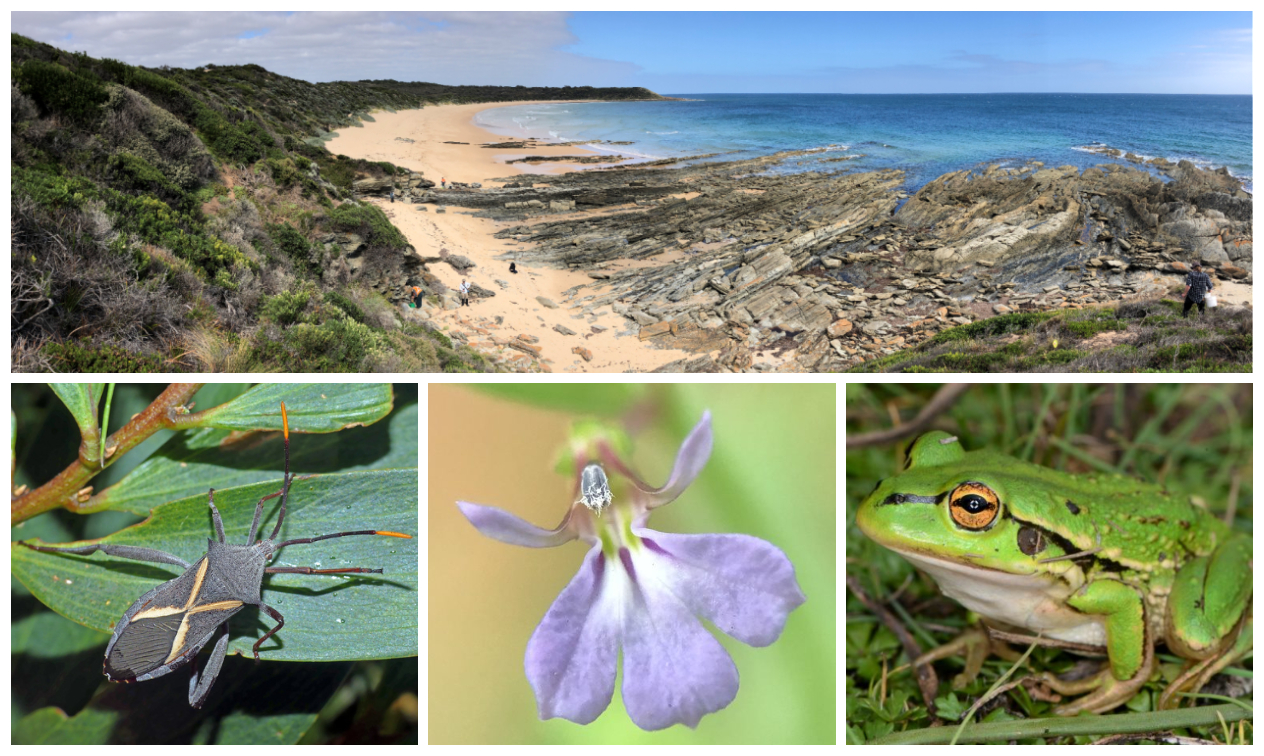Our first expedition for 2023 took place in the Australian Alps during early February. The expedition focused on the southern part of Kosciuszko National Park (NSW) and the northeast part of Alpine National Park (Victoria). We are extremely grateful for the support we had from both land managers – NSW National Parks and Wildlife Service, […]
Read More →Uncategorized
Go on your own Wildlife Odyssey
If you enjoyed Australia’s Wild Odyssey – why not join the adventure? You can join the adventure and help experts around Australia gather data and possibly discover a new species! Everyone can join the Odyssey using the Bush Blitz Backyard Species Discovery project, a citizen science initiative using iNaturalist. While we can’t promise you’ll find […]
Read More →Groote Eylandt, Northern Territory 2021
Groote Eylandt, Northern Territory 2021: Bush Blitz expedition report summarises the initial scientific findings of the Bush Blitz expedition to the Anindilyakwa Indigenous Protected Area (IPA) that took place from 14 to 25 June 2021. At least 751 species were recorded during the expedition and 12 of those may be completely new to western science […]
Read More →Flight 2 Light 2022
Flight 2 Light is an education and outreach program highlighting the impacts of light pollution on wildlife and ecosystems, and what we can do to help. Scientists are asking Australians to help save the dark for our wildlife. Nocturnal animals across the globe are impacted every night by light pollution. From baby turtles in Queensland […]
Read More →Connecting schools to deep sea scientists
Headless chicken monsters. Sea pigs. Dumbo octopuses. Faceless fish. There are some weird and wonderful species living in Australia’s deep seas! Join Bush Blitz this October, as explore the deep seas off Australia’s Indian Ocean Territories. A team of marine scientists — lead by Museums Victoria — have embarked on a 35 day voyage on […]
Read More →Stony Head, Tasmania 2021
Stony Head, Tasmania 2021: Bush Blitz expedition report summarises the initial scientific findings of the Bush Blitz expedition that took place from 15 to 24 March 2021. At least 2,341 species were recorded during the expedition and 45 of those may be completely new to science (4 moths, 1 beetle, 9 true bugs, 2 planthoppers, […]
Read More →